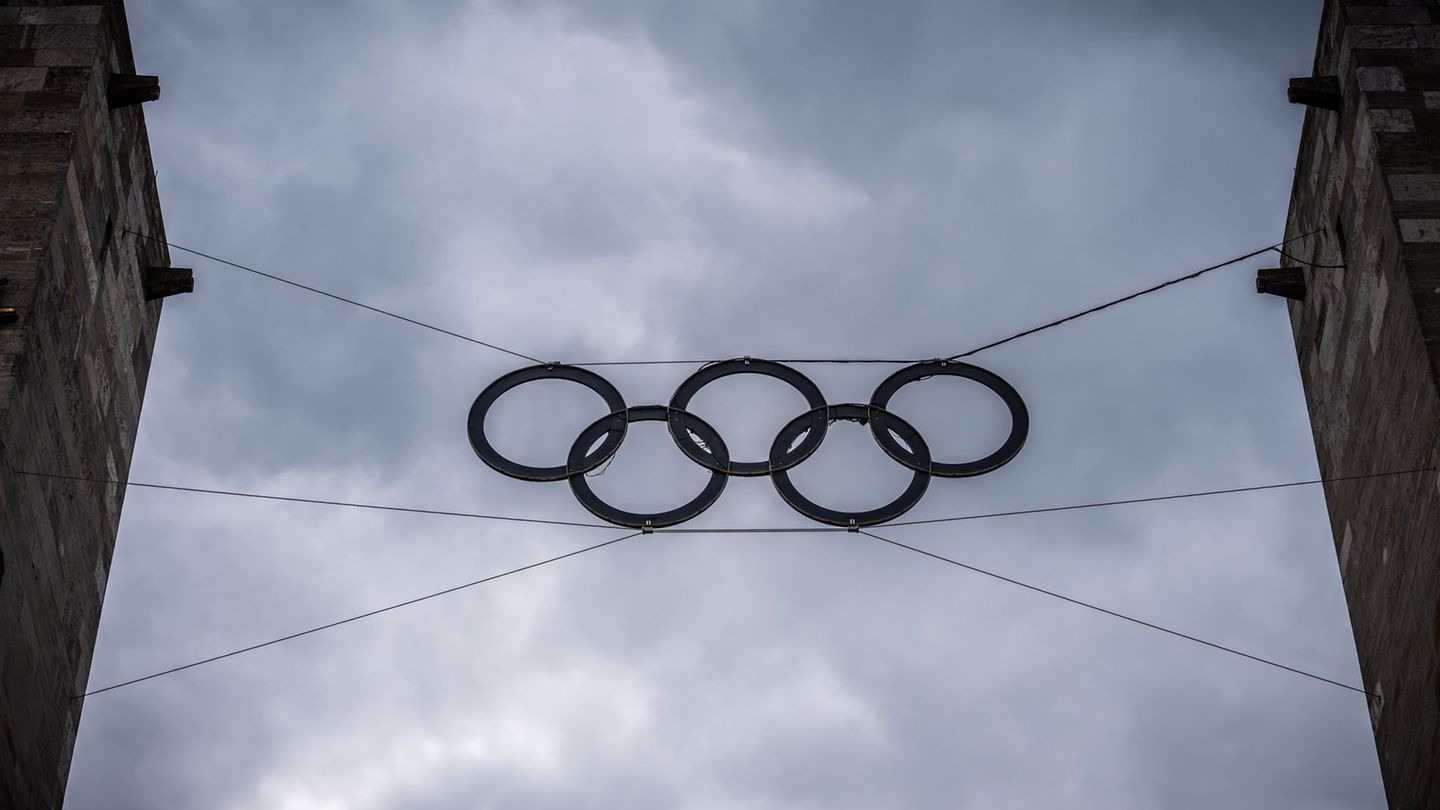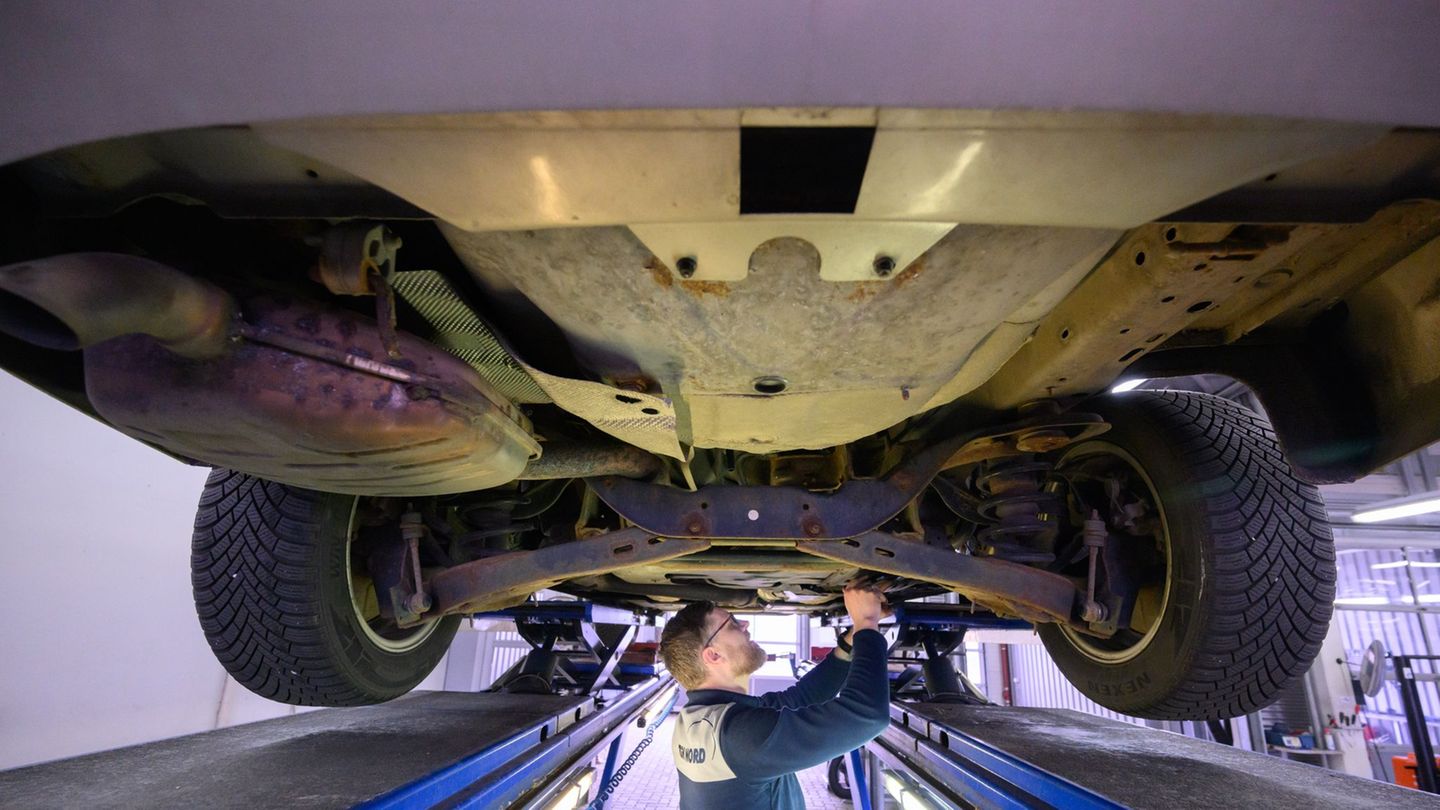Image: Weihbold
Screams of joy, touching moments and one or two shed tears: last night’s fifth edition of the Digitalo in the release hall of the Linzer Tabakfabrik was emotional. The OÖN presented the Digital Award together with its partners Sparkasse Oberösterreich, State of Upper Austria, City of Linz, Tabakfabrik Linz, KPMG and Wiener Städtische. The evening was hosted by the moderator duo Barbara Eidenberger (OÖN) and Marvin Wolf (ORF).
“Upper Austria is the number one industrial state, so it is obvious that it also plays a leading role in digitalization,” said Susanne Dickstein, editor-in-chief of OÖN. State Economics Councilor Markus Achleitner took the same line, also emphasizing the importance of the prize. It is “worth its weight in gold” that so many people and companies who are successful in digitalization are given a stage. Sparkasse board chairwoman Stefanie Huber, KPMG site manager Michael Ahammer and Günther Erhartmaier, regional director of Wiener Städtische, also agreed with this.
Dickstein said that people in Upper Austria often find themselves looking in awe at California’s Silicon Valley, which is home to the largest digital companies in the world. We also have plenty of examples of success.
3D printed trophy
Triply was delighted to receive a 3D-printed trophy from the Linz-based steel and technology group voestalpine. The Linz-based start-up makes it possible to measure complex mobility data with a program and evaluate it for companies, thereby hitting a nerve. “More and more companies are thinking about how they can design mobility in their company. And we help them with that,” said Triply co-founder Christopher Stelzmüller.
The audience cheered when Qapture won the “Digital Project” category. The start-up transforms objects and environments into accurate digital models. The company around the founders Dominic Koll and Daniel Höller was involved in, among other things, the redesign of the Parliament in Vienna and the Ikea building at the Westbahnhof Vienna. “It’s great that you can see this evening that so much works with artificial intelligence. But I would also like to highlight natural intelligence, because nothing works without the people behind it,” said Höller, receiving strong applause.
University lecturer and podcaster Leslie Jäger from Walding won the trophy in the “Digital Personality” category. The entrepreneur admitted that things had not always been easy in her life. She wants to make a contribution to personal development with her podcast “Mutpropaganda”. “Personal development should be possible for everyone, regardless of whether you have a fat wallet,” said Jäger.
Model for 437 communities
The market town of Kremsmünster could serve as a model for the other 437 communities in Upper Austria. Mayor Gerhard Obernberger and head of office Reinhard Haider accepted the trophy for the “Digital Transformation” category. Kremsmünster started with the first digital offerings in 1996, broadcasts local council meetings live on the Internet and also offers online consultation hours and much more. “We want to be transparent as a community and also offer our services to other communities,” said Haider. Linz city councilor Dietmar Prammer praised the commitment and said that it is the responsibility of a city and municipality to be close to the needs of its citizens – including digitally.
The Innviertel business couple Eva-Maria and Gerald Infanger are also helping others. The two want to encourage people to learn mathematics in a playful way using an app. “People learn on the go and practically always have the trainer with them,” said Eva-Maria Infanger. Tabakfabrik managing director Denise Halak highlighted the importance of women in digital professions. “The first programming language was developed by a woman in 1840, by Ada Lovelace,” Halak said.
“I’m a child from the Mühlviertel”
It was emotional when the Lifetime Achievement Award was presented. Doris Schmidauer, Austria’s “First Lady”, gave a sensitive eulogy for her friend Sabine Köszegi, who received the award for digital pioneering achievement. “As an Upper Austrian, I am particularly pleased about this award, as I am a child from the Mühlviertel,” said Köszegi, who grew up in Altenfelden. The professor of ergonomics and organization at the Vienna University of Technology researches interfaces between people and technology, is chairwoman of the UNESCO advisory board “Ethics of Artificial Intelligence” and, together with Schmidauer, launched the “Equal Opportunities Digitalization Initiative”.
more from economics




